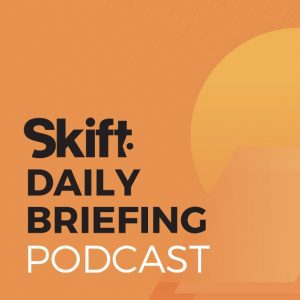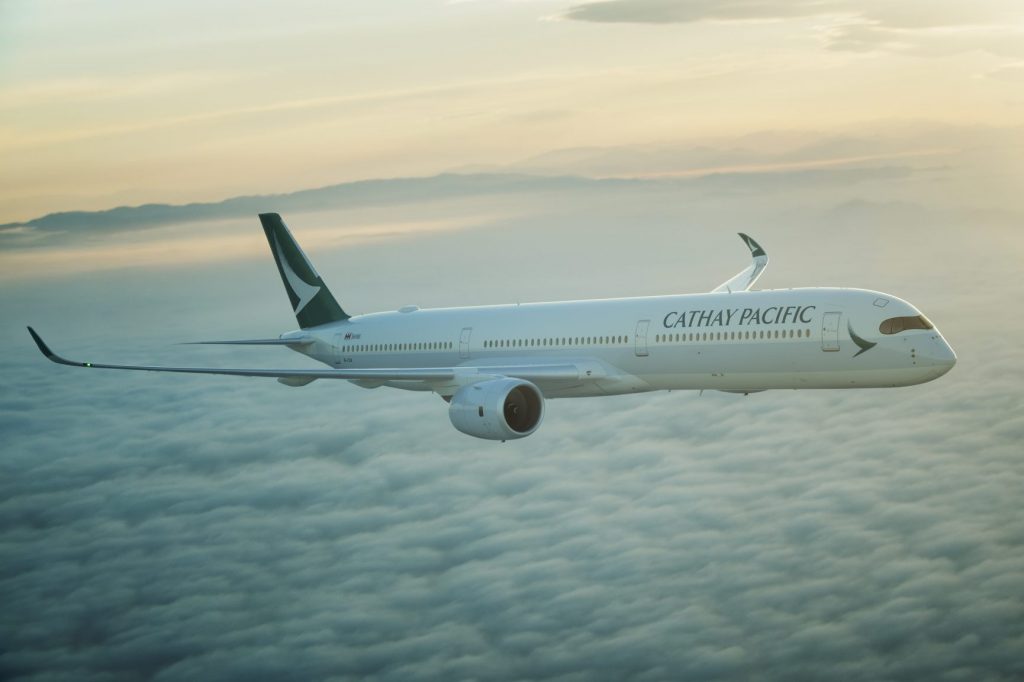Daily Podcast: Airlines Force 5G Rollout Delay
Skift Take

Skift Daily Briefing Podcast
Listen to the day’s top travel stories in under four minutes every weekday.Today's edition of Skift's daily podcast looks at the decision by major cellphone companies in the U.S. to delay 5G wireless rollout due to airlines' concerns, a new report from the UN about the recovery of global tourism, and what Pfizer's corporate travel decisions may mean for business travel as a whole.
Listen
Subscribe
Episode Notes
Here’s what you need to know about the business of travel today.
As several major international airlines cut some flights to the United States due to their concerns about new 5G wireless networks being deployed at certain U.S. airports, AT&T and Verizon agreed on Tuesday to delay their rollout again, writes Madhu Unnikrishnan, editor of Airline Weekly, a Skift brand.
The move by the two companies gives the Federal Aviation Administration and airlines more time to determine if the 5G networks will hinder landing at more than 50 U.S. airports. Numerous international carriers had warned that flights could be seriously disrupted if the rollout had occurred as scheduled.
AT&T and Verizon had expected to deploy the networks on January 5 but agreed to a delay until January 19 after the FAA warned they could interfere with flights across the U.S. However, an additional two weeks weren’t enough. On top of possible interference at 50 airports, airlines and airports across the country had received notices to restrict specific flight paths and landing approaches, which could have caused delays on January 19.
Next, many executives in the travel industry were hopeful that 2022 would see a significant rebound for global tourism. However, new data shows that an immediate recovery isn’t imminent, writes Global Tourism Reporter Lebawit Lily Girma.
A recent survey by the United Nations World Tourism Organization revealed that 58 percent of industry professionals don’t envision any travel rebound starting until the fall of this year. In addition, global tourism may only hit between 50 and 63 percent of pre-pandemic figures. The organization's experts have attributed the disappointing numbers to restrictions enacted in the wake of Omicron as well as the ongoing struggles many countries have experienced in vaccinating their citizens.
We end today today looking at the implications of Pfizer’s decision to cut hundreds of customer-facing sales positions. While numerous corporate travel executives weren’t shocked by the move, it’s premature to say whether it’s reflective of a larger trend, reports Corporate Travel Editor Matthew Parsons.
The vaccine maker said last week that it was reducing its U.S. sales staff as it expects doctors and other healthcare providers to want fewer face-to-face interactions with sales people when the pandemic ends. One business travel expert believes the announcement was long overdue as the company needs fewer staff members due to its business shifting from selling to individual doctors and practices to selling to governments. Pfizer is increasing the number of virtual meetings it has with clients.
But an executive in the meetings industry said that large-scale events, like pharmaceutical congresses, will be less affected by Pfizer’s decision as such occasions provide valuable opportunities for experts in their fields to gather.









